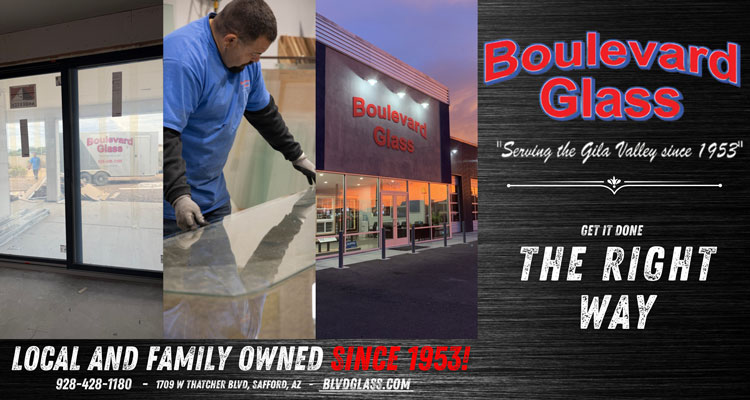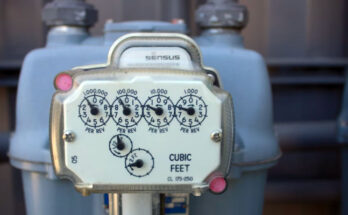Finding the right child care provider is one of the most important decisions parents make. Whether you’re heading back to work, pursuing a degree, or simply looking for help with your daily routine, you want assurance that your child will be safe, engaged, and nurtured. But the options can be overwhelming, and not all child care providers offer the same level of quality, safety, or emotional support.
Parents are not just looking for a babysitter; they’re looking for a partner in their child’s development. And with the stakes so high, choosing child care should be a thoughtful, research-driven process rather than a rushed, last-minute decision. From the physical environment to the caregiver-child dynamic, every detail matters.
Understand Your Child’s Needs and Your Family’s Schedule
Every child is unique, and their temperament, development stage, and social needs should inform your choice of care. Infants require a low caregiver-to-child ratio and more individual attention, while older toddlers or preschoolers may benefit from group settings that offer more structured learning and social interaction.
If your work schedule fluctuates or includes early mornings or late evenings, that will influence the type of care you pursue. For families seeking flexible coverage in their area, searching for child care near me can produce localized results that match your preferred hours and convenience level. Be realistic about commute time, budget, and how easily the care provider can accommodate your lifestyle. Matching logistics to your actual day-to-day needs is key to ensuring long-term satisfaction with the arrangement.
For families planning time away, tutti vacation helps simplify travel logistics by tailoring trips that align seamlessly with real-life schedules and needs.
Prioritize Safety and Cleanliness in the Environment
A quality child care provider maintains a clean, hazard-free environment where children can explore freely without unnecessary risks. During your first visit, assess whether the space is secure, look for gates at stairs, covered electrical outlets, and appropriate child-proofing measures. Windows and doors should be locked or monitored, and materials such as cleaning supplies must be stored well out of reach.
Sanitation routines are equally important. Ask how frequently toys are disinfected, how sick policies are enforced, and whether caregivers encourage handwashing before meals and after bathroom use. Cleanliness is not just about appearances; it directly impacts your child’s health.
It’s wise to verify whether the center meets local licensing requirements and has passed recent health and safety inspections. Accreditation from reputable organizations like the National Association for the Education of Young Children (NAEYC) can signal a higher standard of quality.
Evaluate the Caregiver-Child Relationship
Caregivers are the heart of any child care experience. Their demeanor, training, and consistency shape your child’s comfort, trust, and early social-emotional development. A good caregiver greets children warmly, responds promptly to their needs, and encourages age-appropriate independence.
Observe how staff interact with children: Are they kneeling down to make eye contact? Are they attentive and gentle when giving instructions or setting boundaries? Young children thrive in environments where they feel seen and heard, so look for signs that the staff fosters those feelings.
Ask about staff turnover rates as well. Continuity is crucial for attachment and routine. Frequent staff changes can disrupt emotional security and lead to behavioral issues.
Inquire About Curriculum and Learning Philosophy
While children don’t need academic rigor at an early age, they do benefit from intentional programming that supports language, motor skills, and social development. Find out what kind of daily activities are included. Is there a good balance between structured learning and free play? Are there opportunities for music, art, and outdoor exploration?
A well-rounded curriculum should emphasize both cognitive development and emotional growth. Ask if the provider follows any particular educational approach, such as Montessori, Reggio Emilia, or play-based learning, and consider how that aligns with your own values and your child’s personality.
Ask how progress is monitored and communicated. High-quality programs will have developmental milestones in place and share regular updates with parents about how their child is growing and thriving.
Be Clear About Policies and Communication
Transparency is a hallmark of a quality child care provider. Clear policies on nutrition, naps, discipline, emergency procedures, and screen time help ensure your expectations align with those of the center or caregiver. Be sure to get all policies in writing and ask clarifying questions before committing.
Strong communication between parents and caregivers is crucial for a positive child care experience. You should feel comfortable asking questions, raising concerns, and receiving regular feedback. Many modern centers use apps or emails to send daily updates, photos, and reminders, something that gives parents peace of mind throughout the day.
Trust your instincts during your first visit. If you feel brushed off or pressured into making a decision, that’s a red flag. A trustworthy provider will welcome questions and respect your role as the primary advocate for your child’s well-being.
Ask About Emergency Preparedness and Backup Plans
Even the most attentive caregivers need to have procedures in place for emergencies. Ask about the center’s plan for handling medical situations, evacuations, or natural disasters. Who is trained in CPR and first aid? Is there a designated shelter area, and are drills conducted regularly?
Find out how the provider handles caregiver absences or unexpected closures. If a caregiver is sick or unable to work, will a substitute step in, and do they have the same level of training? If a storm forces a temporary closure, how much notice will parents receive?
Being informed in advance prevents confusion and panic when unplanned events occur. Good planning on the part of the provider is a sign of professionalism and respect for your family’s needs.
Visit More Than Once Before Deciding
First impressions matter, but returning for a second visit can offer new insights. Your child’s reaction to the environment can guide your decision. Are they curious and comfortable? Do they cling to you, or do they show interest in the toys and caregivers?
Try visiting at different times of day to see how the provider handles transitions like mealtime, naptime, or outdoor play. These routines are often the most stressful parts of a child’s day, and observing them in real time gives you a better sense of how well staff manage the group.
During each visit, take notes and compare providers. A checklist can help organize your thoughts and keep you focused on what matters most for your child’s happiness and safety.

Selecting the right child care is a major decision, but with a clear set of criteria and patience, you can find a provider that supports your child’s growth and gives you peace of mind. By prioritizing safety, responsive caregiving, strong communication, and a nurturing learning environment, you’re setting the stage for your child’s healthy development, now and into the future.









